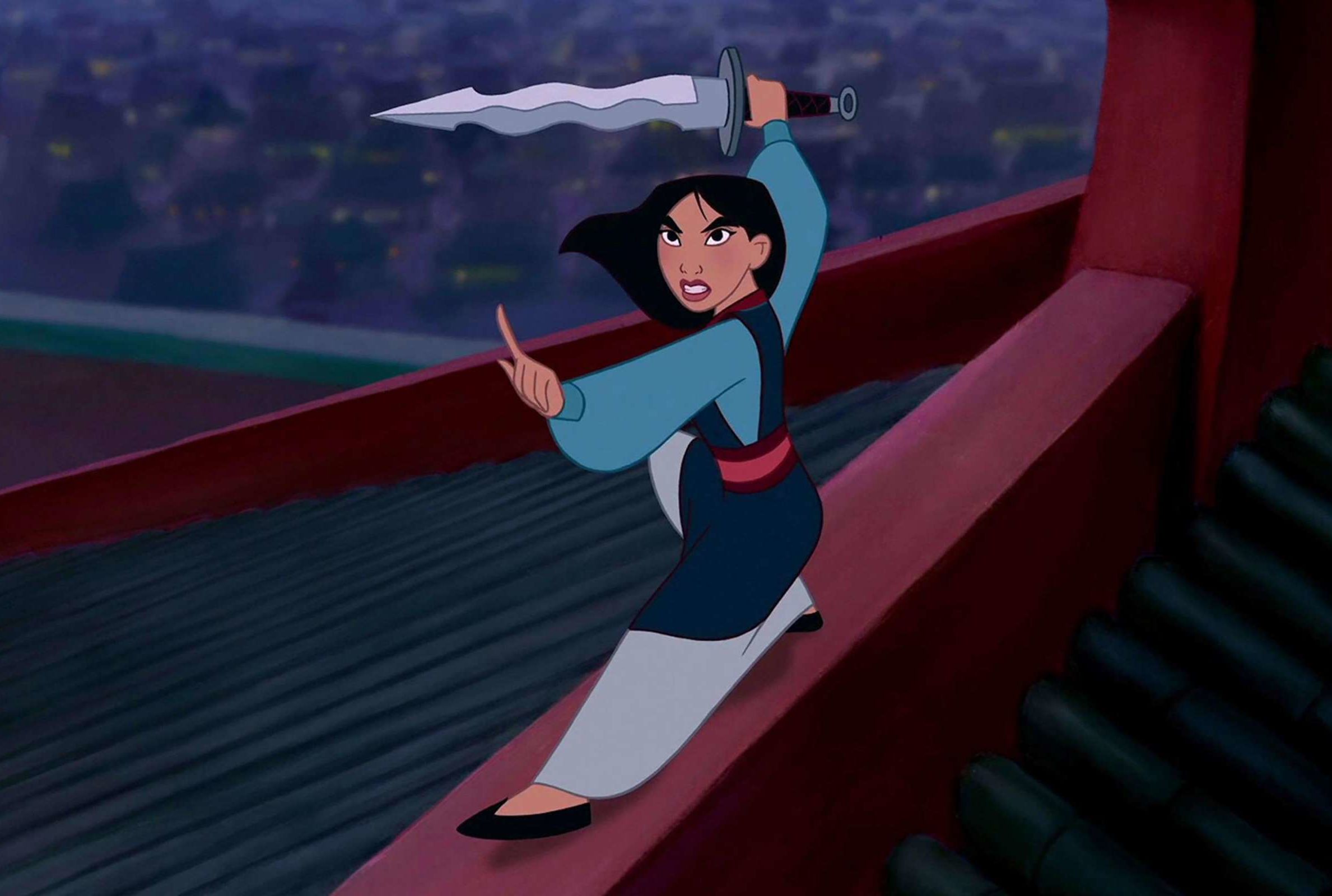Article by Abigail Sze
Edited by Regiena Siy
Admin’s note: This piece celebrates women of all walks in life: mothers, business owners, government officials, religious sisters, everyone. At the heart of it is a call that everyone respect all women and who they choose to become.
“Quiet, composed, graceful, disciplined — these are the qualities we see in a good wife. These are the qualities we see in Mulan.”
This is what greeted the viewers in the first official trailer of Disney’s live-action adaptation of Mulan. Short as it may seem, the phrase allows us to catch a glimpse of the reality of women’s status in ancient China, and despite the cinematic disguise, it shows the truth of what women were capable of during a time of oppression. Even up until today, women continue to emerge as modern-day Mulans, continuously breaking stereotypes and possessing their own versions of loyalty, bravery, and truth.
In feudal China, women were seen as inferior to men, one whose sole purpose was motherhood. Women were accustomed to the moral standards of a patriarchal society wherein a lady was to be an obedient daughter to her father, a loyal servant to her husband, and a devoted mother to her child. It was incumbent on women to conform to the desires and necessities of men. In the Confucian tradition, a woman’s role in society was pictured to be the yin to the yang that men were framed to be. The yin was meant to be soft, demure, succumbing, and tranquil, while the yang was meant to be assertive, dominant, hard, and active. In a way, women were seen as the complement to men, and the natural relationship that exists between them should remain that way. Otherwise, as superstitions claim, the order in the universe will be disrupted.
For the longest time, women lived in this stereotypical way: motherhood became a profession they should strive to attain. Thus, primary roles for women were related to kinship: daughter, mother, sister, wife – to find honor in marriage. In such a system, it is no wonder that the Ballad of Mulan became an iconic story. The story of a young Chinese woman who possessed the courage and wisdom to take on her father’s duty and serve in the army disguised as a man has inspired many, and it continues to be retold through the years. The tale that Mulan was, however, does not remain entirely fictional, as a few notable women in Chinese history like Empress Lu of the Han Dynasty, Empress Wu Zetian of the Tang Dynasty, and Ban Zhao, the first known female historian of China, fashioned their way out of a patriarchal system to become real-life Mulans, heroines of their own time.
Today, Mulan is more than a Disney character who lives within the realms of children’s storybooks, more than an unforgotten ballad. She continues to lend a voice to every woman, serving as a source of undying inspiration for girls of every age. And for any time and place, Mulan’s story remains virtuous and empowering, leading women out of the pigeonhole of gender stereotypes. The words etched on her sword, “忠勇真” (loyal, brave, true), echoes that at the heart of her story is a girl who fights for her beliefs, unrestrained by taboos set by society. She can be anyone — even you. Mulan is a symbol for heroines and a prominent figure that encourages girls to be brave, or as the saying goes, “To make a [wo]man out of you.”
This article is brought to you by the Documentation and Publications department of Ateneo Celadon and Elements Magazine on Facebook: https://www.facebook.com/CeladonElementsMagazine




